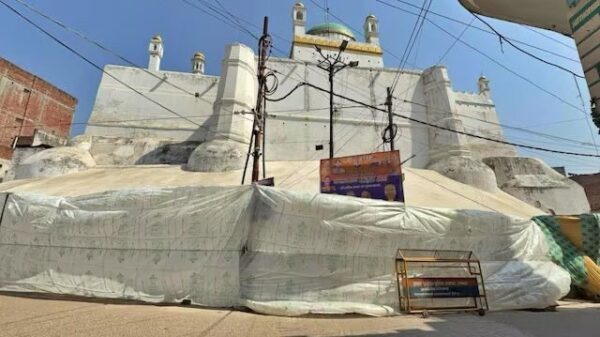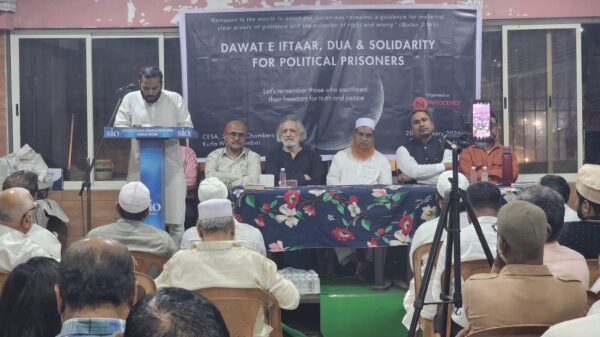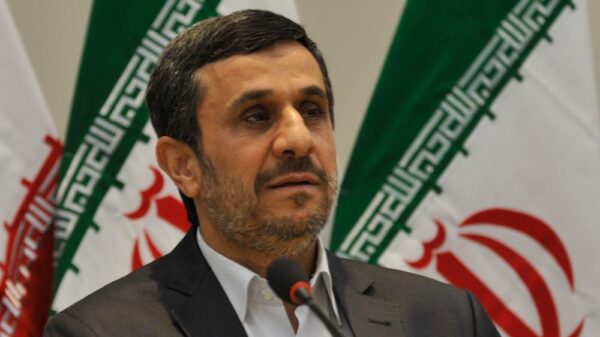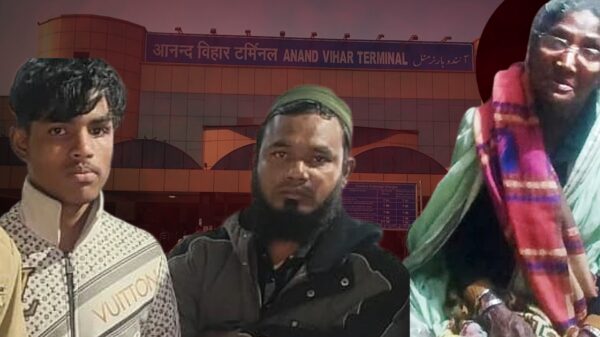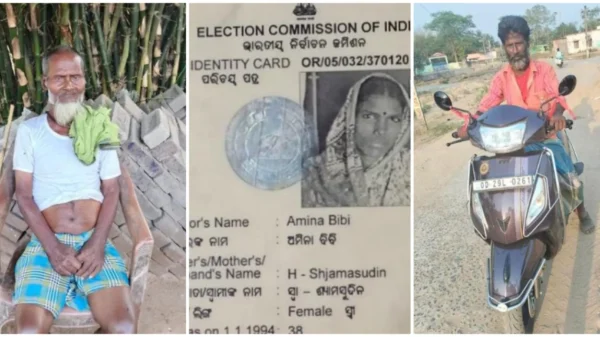Bangladesh’s former Prime Minister Sheikh Hasina has been sentenced to death by the International Crimes Tribunal in Dhaka, after being convicted of crimes against humanity connected to last year’s student-led protests that led to the fall of her Awami League government. The ruling comes just months before national elections, expected in early February, and marks one of the most dramatic legal actions against a former Bangladeshi leader in decades.
Hasina, 78, remained in India and did not appear for the trial, which examined whether she ordered a deadly crackdown on the student uprising that forced her resignation. She was handed a life sentence for crimes against humanity and a separate death sentence for her alleged role in the killings during the unrest. The tribunal also sentenced former home minister Asaduzzaman Khan Kamal to death, while former police chief Chowdhury Abdullah Al-Mamun received a five-year prison term. The court ordered the properties of Hasina and Kamal to be confiscated by the state.
According to the tribunal, “Sheikh Hasina has committed crimes against humanity. Six protesters at Chankharpul were killed on August 5 using lethal weapons. By issuing orders and through inaction, she, the then home minister, and the IG of police were responsible. These killings happened under the full knowledge of Prime Minister Sheikh Hasina. By such acts, they committed crimes against humanity.”
The three-member tribunal, led by Justice Md Golam Mortuza Mozumder, read parts of the 453-page judgment in a courtroom under heavy security. Hasina’s Awami League has been barred from contesting the upcoming elections, and authorities warned the verdict could trigger unrest. The ruling can be appealed in the Supreme Court.
Hasina denounced the verdict as politically motivated. “The verdicts announced against me have been made by a rigged tribunal established and presided over by an unelected government with no democratic mandate. They are biased and politically motivated,” she said in a statement. She had previously claimed the tribunal was controlled by her political rivals attempting to damage the Awami League’s image.
The court case follows the violent “July Uprising,” during which a UN rights office report estimated up to 1,400 people were killed between July 15 and August 15, 2024. Chief prosecutor Mohammad Tajul Islam called Hasina the “mastermind and principal architect” behind the attacks on protesters. Hasina and Kamal were declared fugitives and tried in absentia, while Mamun initially appeared but later became an approver.
Security was tightened across Bangladesh ahead of the verdict. Dhaka Police Commissioner Sheikh Md Sajjat Ali issued shoot-at-sight orders against anyone involved in arson, explosions, or attacks on police or civilians. Protests supporting Hasina took place in the capital on the day before the verdict, and crude bombs exploded in several areas, though no casualties were reported.







